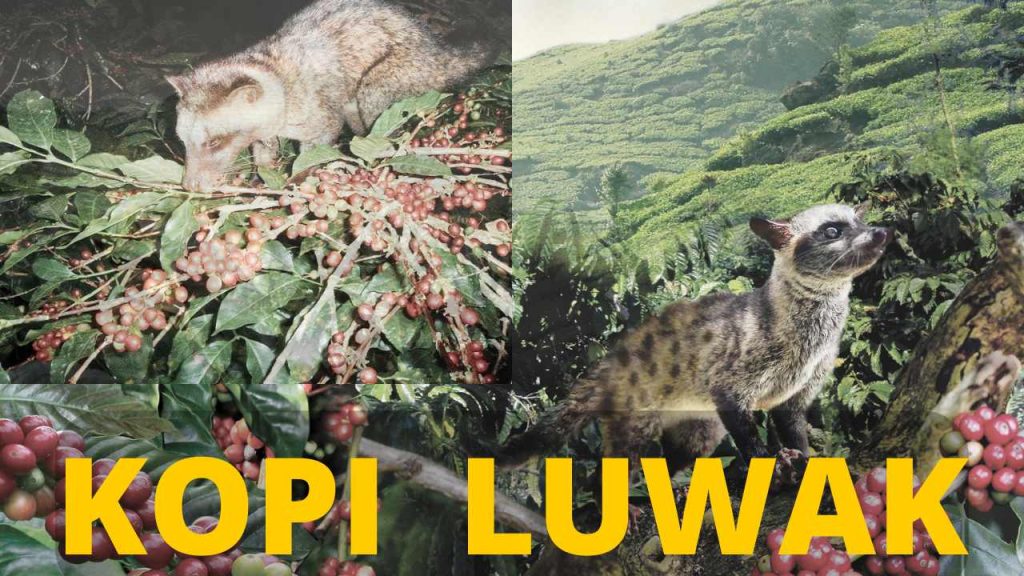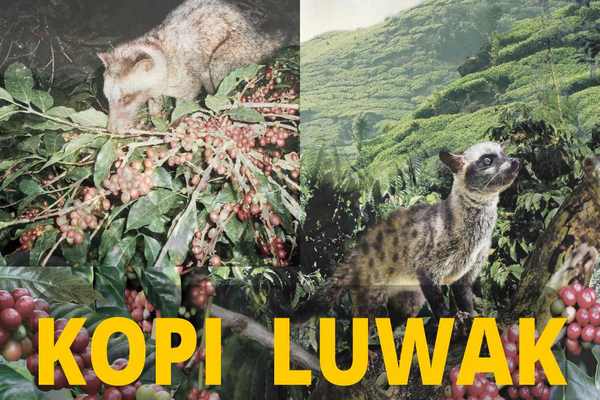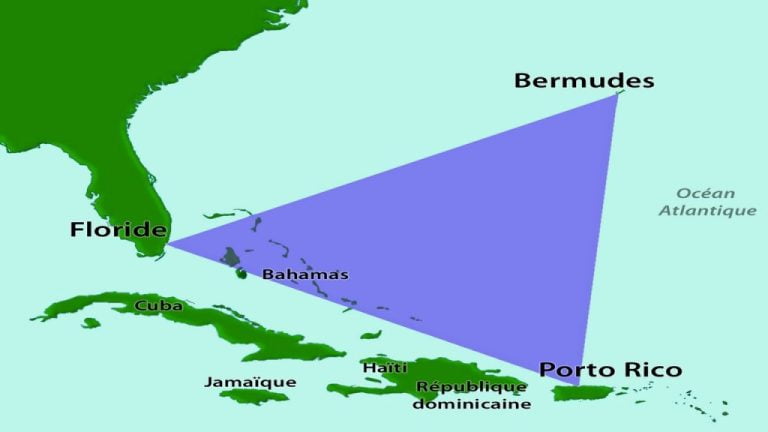Civet cat poop coffee is the world’s most expensive coffee

Kopi Luwak, also known as civet coffee, is one of the world’s strangest and most specialized coffees, and chances are you’ve already heard of it. There is one significant reason you might want to pass on this specialty coffee, and it has nothing to do with the impressive price. Some people think it is the best coffee in the world.
Civet coffee, a popular beverage among the wealthy in Europe and the Gulf states, is sold abroad for USD 250–300/kg.
Coffee from Indonesia known as Kopi Luwak has been ingested by an animal known as an Asian palm civet. The civet, a feline-like animal that prowls Bali’s forests at night, consumes ripe coffee cherries and excretes the beans. After that, the beans are collected, cleaned, and roasted. The outcome? Kopi Luwak is also known as cat poop coffee or civet cat coffee.
“The flesh of coffee cherries, not the bean, is consumed by civet cats.” “The flavor of the bean is enhanced by natural enzymes in the civet’s stomach, making this coffee special.”
A brief history of Kopi Luwak
Bali is where the name “Kopi Luwak” first appeared. The Balinese word for coffee is “kopi,” and the local term for the palm civet is “luwak.” Kopi Luwak is made in the Philippines, Thailand, and Vietnam in addition to Indonesia.
The Dutch first established coffee plantations in Sumatra and Java in the 1700s, which is when Kopi Luwak coffee’s history really began. The ripe coffee cherries were apparently being consumed by wild animals, who were apparently leaving the beans behind. Since they were not allowed to collect coffee beans for personal use, they began brewing coffee using these leftover beans.
Poop coffee? Why would you drink it?
Cat poop coffee may sound disgusting, but there’s a reason Kopi Luwak is so prized. In contrast to human coffee pickers, it is believed that wild animals will only consume the best, ripest cherries, preventing the production of subpar, unripe beans. Additionally, the digestive enzymes of the civet change the coffee beans, giving the beverage a smoother texture. What makes them do that? The cherries lose all of their fruity coating as they move through a civet’s stomach. In essence, it’s a very thorough washing procedure that gets the beans ready for roasting and drying. A better cup of coffee is produced when the fruit is removed from the bean because mold cannot grow there.
Why is civet coffee so controversial?
Kopi Luwak coffee has the drawback that it is rarely truly wild. Finding free-range Kopi Luwak is a labor-intensive process, which is not good for a company’s business expand.
The fact that many coffees marketed as “Kopi Luwak” are fake is another problem. Understandably, coffee vendors would want to profit from the high prices for this specialty coffee, whether or not they have access to civets.





